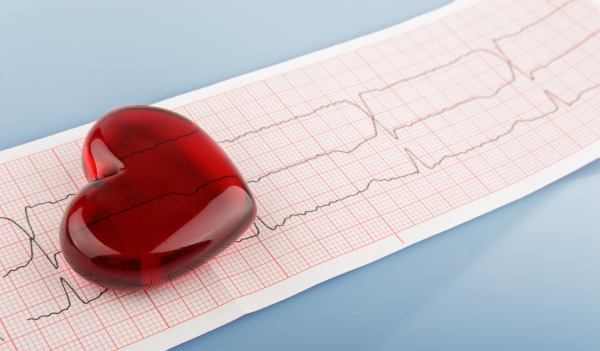A new collaboration involving major pharmaceutical and healthcare companies is seeking to increase access to screening for cardiovascular risk factors as part of the ongoing fight against a disease that kills one Australian every 12 minutes.
The collaboration, announced to coincide with World Heart Day, involves Australian Pharmaceuticals Industries (API), Monash University, Novartis, SiSu Health and Abbott.
They have partnered to provide ‘while you wait’ screening for blood pressure, cholesterol and cardiovascular risk factors in retail locations such as shopping centres, led by registered pharmacists.
The partners believe that screening Australians where they regularly visit could be an effective approach to help tackle challenges with awareness, access and speed for those at high risk in the community, outside of a traditional health setting.
The ‘Gippsland Healthy Hearts’ pilot was designed to promote heart screening in non-traditional health environments for high-risk Australians. The location was chosen after data highlighted it as a region with one of the highest rates of cardiovascular disease (CVD) hospitalisations in the country.
CVD remains Australia's biggest cause of death. Yet people in regional areas are at twice the risk compared to those in metro areas and have less access to testing and care.
“Healthy heart checks, including regular cholesterol checking, are a critical preventive step we can, and we must take now," said Richard Tew, Country President, Novartis Australia.
"As we tackle the growing health challenge of the nation, Novartis is committed to prevention strategies focused on significantly reducing heart health risk in the future. As the nation’s biggest health priority, we strongly believe there is an opportunity to invest in preventing heart disease today, to avoid future impacts on the healthcare system tomorrow."
Data and findings from the Gippsland Healthy Hearts pilot will be published by Monash University with a view to upscaling the initiative nationally.
“CVD is a leading cause of health expenditure in Australia. $1.45 billion is spent on medications annually and $15.5 billion is the cost to the economy after a person has experienced a heart attack. If we can develop better approaches to detecting the true level of risk in the community, we can implement better strategies to reduce the risk of atherosclerosis, heart attacks and stroke,” said Professor Steve Nicholls, cardiologist and chief investigator of Gippsland Healthy Hearts, and director of the Victorian Heart Institute at Monash University.
